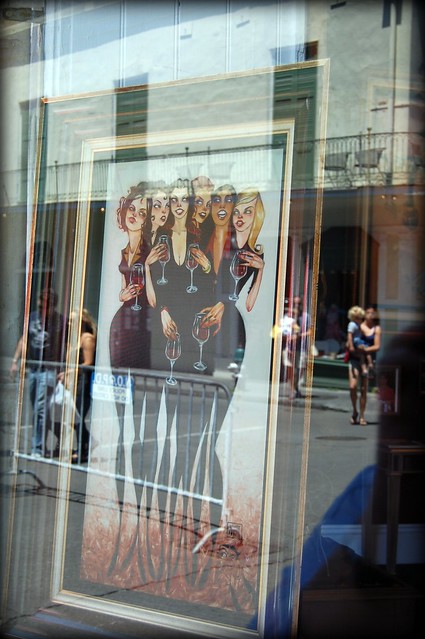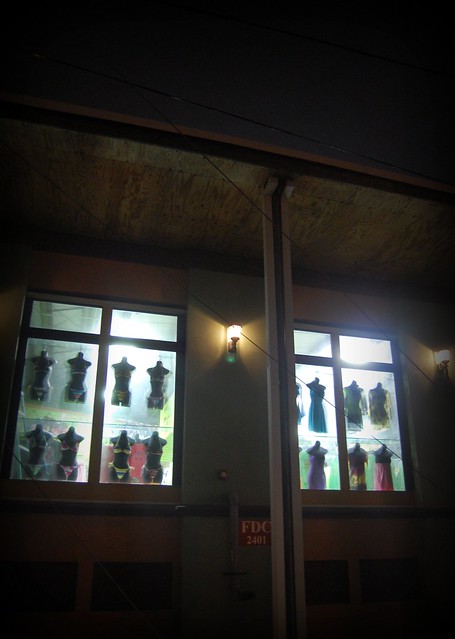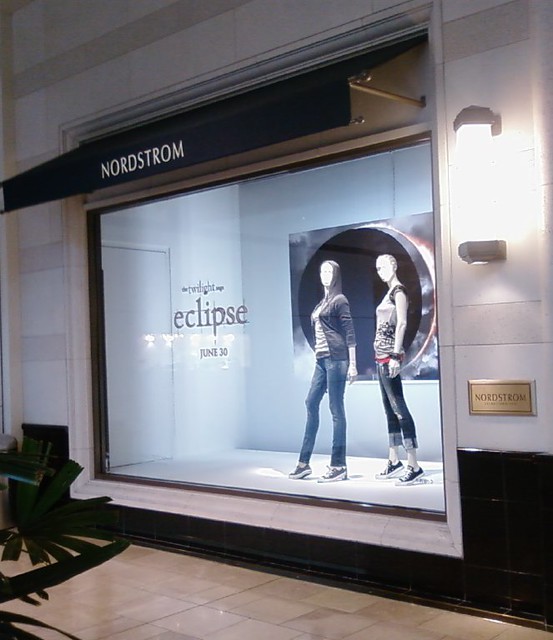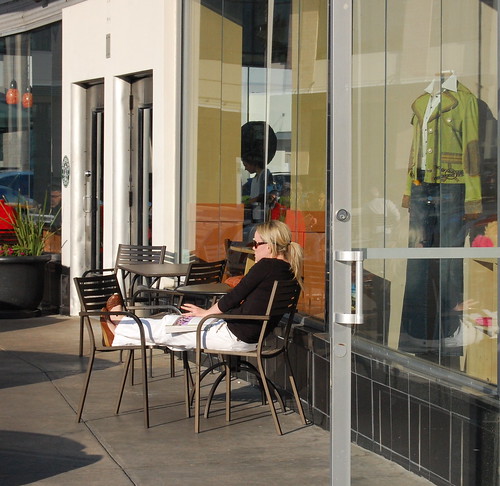
Frog Prince.
I was interested to see a copy of Uncle Tom’s Cabin in this tableau. The novel is cited as the first widely read political novel in the U.S.–it was the best-selling novel of the nineteenth century. It has fallen in and out of favor a few times since its release, and is as roundly criticized for the stereotypes it helped create or perpetuate as lauded for its anti-slavery stance. I’ve actually never read the novel, though discussions of it have made me aware of the plot, characters, scenes, and tropes it contains. When considering its role in literature, I could immediately call to mind some half-dozen gay-themed novels written in the 1980s that were similarly simultaneously hailed and castigated.
It’s unsurprising that we still discuss today the role of the novel and the writer in addressing social ills or trying to shine a light on injustice. One of the panels at Saints and Sinners was titled “Beyond the Work Itself: The Writer and Society.” Moderated by Martin Hyatt (A Scarecrow’s Bible; Beautiful Gravity), the panelists included Kenyon Farrow (We Have Not Been Moved: Resisting Racism and Militarism in 21st Century America; Against Equality: Queer Critiques of Gay Marriage), Judith Katz (The Escape Artist; Running Fiercely Toward a High Thin Sound), Sassafras Lowrey (Kicked Out; Roving Pack), and Mimi Schippers (Rockin’ Out of the Box).

The panelists discussed using and maintaining an authentic voice in everything from fiction and essays to scholarly works. Some things they’ve addressed in their work include homeless teens, AIDS, race, sexuality, and gender. It was interesting to hear their perspectives on writing about marginalized populations and how they continue to examine their roles not only as writers but as participants in their communities. It’s something I consider all the time in my writing. I know that most of the novels I read, even the lighthearted ones, can have a point of view that either engages me or enrages me. You?
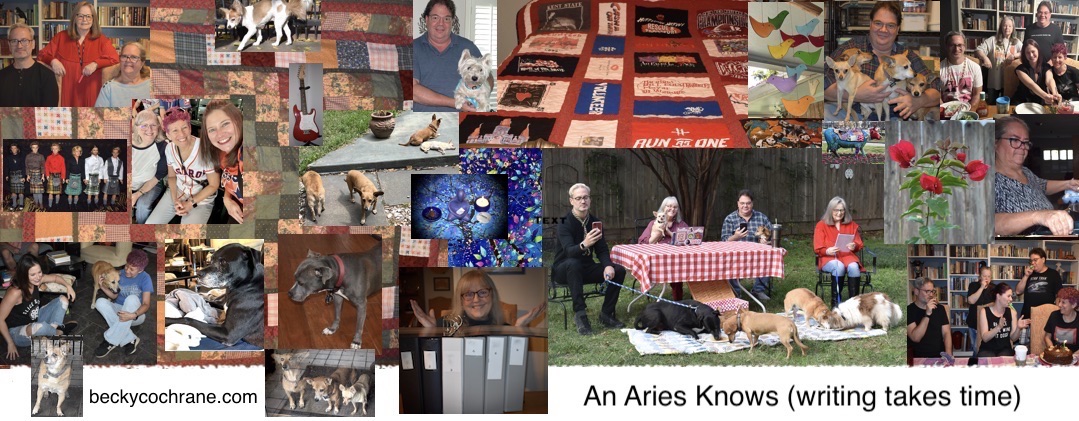

 The Three Graces
The Three Graces
